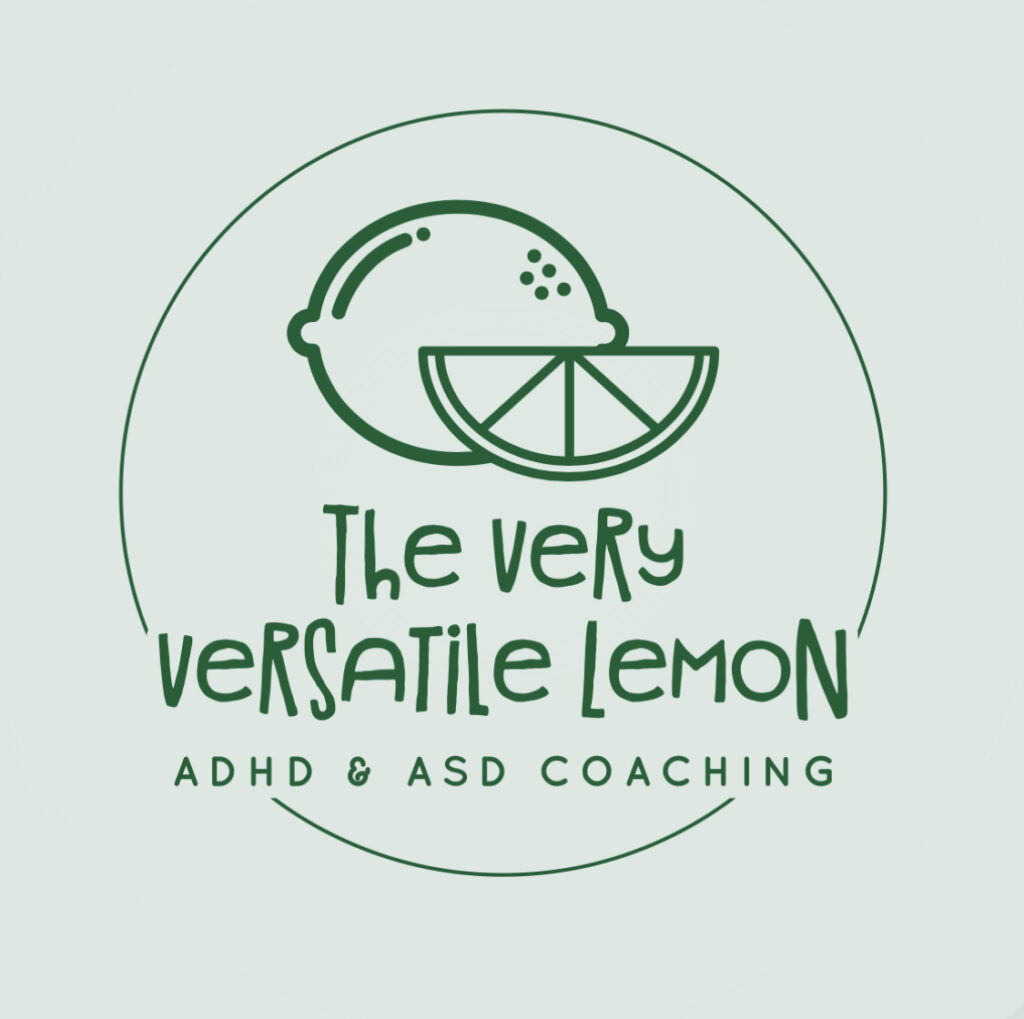For many individuals living with Attention Deficit Hyperactivity Disorder (ADHD), the world can be a whirlwind of stimuli, constant challenges with focus, and a yearning for structure. But on top of these core symptoms, a significant number of individuals with ADHD also grapple with a lesser-known phenomenon: Rejection Sensitivity Dysphoria (RSD). This potent combination can create a double whammy effect, intensifying feelings of rejection and leading to significant emotional distress. Let’s delve into the complexities of RSD and ADHD, explore how they intertwine, and identify strategies to navigate this challenging terrain.
Understanding Rejection Sensitivity Dysphoria (RSD)
RSD is not a clinical diagnosis but rather a cluster of emotional and behavioural responses associated with a heightened sensitivity to perceived rejection. It’s characterised by an intense emotional reaction to anything that feels like rejection, criticism, or disapproval, even if minor or unintentional. These reactions can include:
- Intense sadness or anger: Feeling deeply hurt or enraged by perceived rejection.
- Rumination: Obsessively dwelling on the rejection and replaying the situation in your mind.
- Social withdrawal: Isolating oneself to avoid further rejection.
- Self-blame and negative self-talk: Feeling like you’re the reason for the rejection and engaging in harsh self-criticism.
- Difficulty trusting others: Fearing further rejection, making it hard to build close relationships.
The ADHD-RSD Connection
While the exact cause of RSD is still being explored, there seems to be a strong link between ADHD and its development. Here’s how ADHD can contribute to RSD:
- Emotional Dysregulation: Difficulty managing emotions is a common feature of ADHD. This can make individuals with ADHD more vulnerable to feeling overwhelmed by perceived rejection.
- Black and White Thinking: ADHD can lead to a tendency to see things in extremes. A perceived slight can be interpreted as a complete rejection, intensifying the emotional response.
- Low Self-Esteem: Chronic struggles with focus and organisation can contribute to feelings of inadequacy, making individuals with ADHD more susceptible to feeling rejected.
- Hyperfocus on Mistakes: The tendency to hyperfocus on negative aspects can lead to dwelling on perceived criticism and amplifying its impact.

The Vicious Cycle
The combination of ADHD and RSD can create a vicious cycle:
- Fear of Rejection: Due to past experiences or heightened sensitivity, individuals with ADHD may become overly cautious and avoid social situations for fear of rejection.
- Misinterpreting Cues: Difficulty with social cues associated with ADHD can lead to misinterpretations of neutral interactions as rejection.
- Emotional Reaction: The perceived rejection triggers an intense emotional response like anger or sadness.
- Social Withdrawal: To avoid further emotional pain, the individual withdraws from social interactions, further limiting opportunities for positive connections.
Breaking Free from the Cycle: Strategies for Managing RSD with ADHD
While there’s no magic bullet for overcoming RSD, there are strategies that can help individuals with ADHD manage its impact:
- Challenge Negative Thoughts: Learn to identify and challenge self-critical thoughts and replace them with more balanced and realistic self-talk.
- Develop Emotional Regulation Skills: Practise techniques like mindfulness meditation, deep breathing exercises, or relaxation techniques to manage strong emotions.
- Improve Communication Skills: Work on expressing your needs clearly and directly to avoid misunderstandings.
- Build a Support System: Surround yourself with understanding friends, family, and professionals who can offer support and encouragement.
- ADHD Coaching: Coaching can help identify and modify negative thought patterns that contribute to RSD.

Strategies Specific to the Australian Context
Living with ADHD and RSD in Australia can present unique challenges. Here are some tips tailored to the Australian landscape:
- Seek Support from Local Organisations: Reach out to organisations like ADHD Australia or the Australasian College of Neuropsychologists for support and resources specific to the Australian context, or ones local to where you live.
- Consider Telehealth Options: Telehealth services can provide access to therapists and counsellors specialising in ADHD and RSD, even in remote areas.
- Mindfulness in the Australian Bush: Practising mindfulness outdoors, whether in a local park or on a bushwalking trip, can be a powerful way to manage stress and connect with nature.
Remember:
- You’re not alone. Many Australians with ADHD experience RSD.
- Be patient with yourself. Building coping skills takes time and effort.
- Celebrate small victories. Every step towards managing RSD is a positive step.
Building ADHD and RSD Resilience
Living with ADHD and RSD can be challenging, but with the right support and a willingness to learn new skills, you can build resilience and navigate the complexities of social interactions. By understanding how ADHD contributes to RSD, you can develop targeted strategies to manage your emotional responses and build healthier relationships. Here are some additional tips:
- Focus on Your Strengths: ADHD comes with a unique set of strengths like creativity, problem-solving skills, and boundless energy. Focus on these strengths and use them to build confidence and self-esteem.
- Practice Self-Compassion: Be kind to yourself. Everyone makes mistakes and experiences rejection sometimes.
- Celebrate Differences: Embrace your neurodiversity and recognise that your unique perspective can be a valuable asset.
- Educate Others: Talking openly about ADHD and RSD with friends, family, and colleagues can foster understanding and empathy.
- Seek Professional Help: If you’re struggling to manage RSD on your own, don’t hesitate to seek professional help from a therapist or counsellor who specialises in ADHD and related conditions.
ADHD Coaching: A Targeted Approach
In addition to therapy and other self-management strategies, ADHD coaching can be a valuable tool for individuals with ADHD and RSD. ADHD coaches can provide tailored guidance and support in areas like:
- Developing communication skills: Coaches can help individuals with ADHD learn to express themselves clearly, interpret social cues effectively, and navigate conversations with greater confidence.
- Building emotional regulation skills: Coaches can teach techniques for managing strong emotions, reducing impulsivity, and fostering self-compassion.
- Time management and organisation: Developing strategies to prioritise tasks, manage distractions, and meet deadlines can significantly reduce stress and improve self-esteem.
- Building self-advocacy skills: Coaches can empower individuals with ADHD to advocate for their needs in educational settings, workplaces, and social situations.
By working with an ADHD coach, individuals with ADHD and RSD can develop a personalised roadmap for managing these challenges and unlocking their full potential.

A Brighter Future
By taking an active role in managing RSD, individuals with ADHD can build stronger relationships, reduce anxiety, and experience a greater sense of well-being. Remember, you are not defined by your challenges. With determination and the right support system, you can overcome the hurdles presented by ADHD and RSD and forge a brighter future filled with positive connections and a sense of belonging.
Conclusion
The journey towards managing RSD and living well with ADHD is an ongoing process. However, with a combination of self-awareness, targeted strategies, and a supportive community, you can navigate the challenges and build a life filled with meaning and connection.
Additional Resources – Australia
- ADHD Australia: https://www.adhdaustralia.org.au/
- Australasian College of Neuropsychologists: https://groups.psychology.org.au/ccn/
- Beyond Blue: https://www.beyondblue.org.au/about-us/contact-us (For support with anxiety and depression)
- ADHD Coaching: https://versatilelemon.com

Be the first to comment